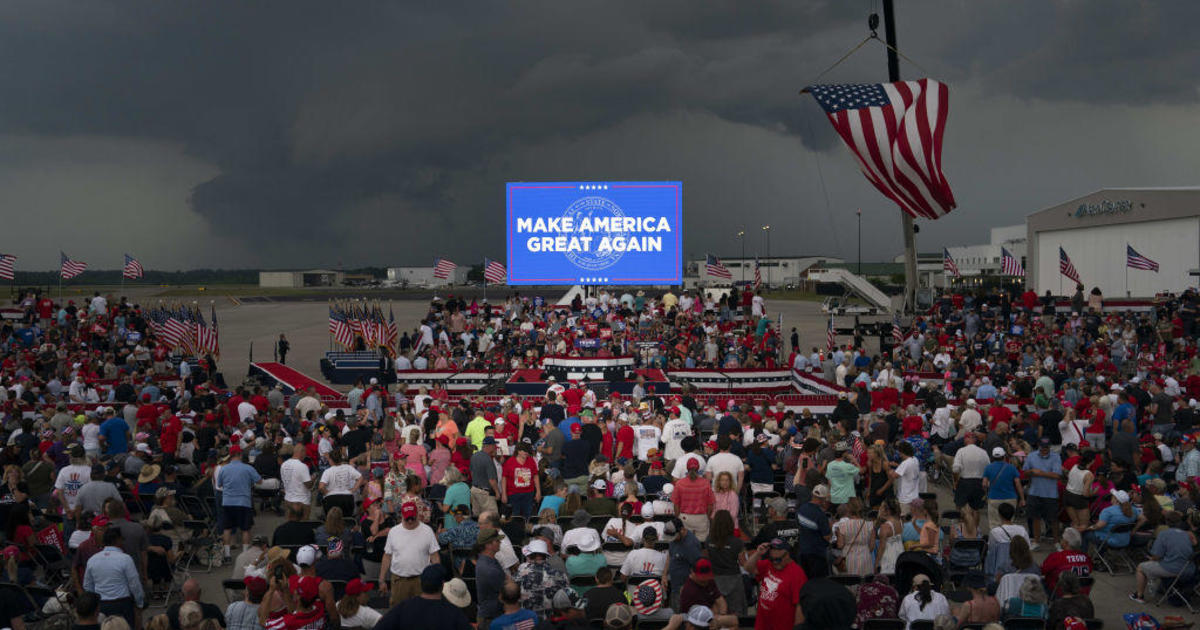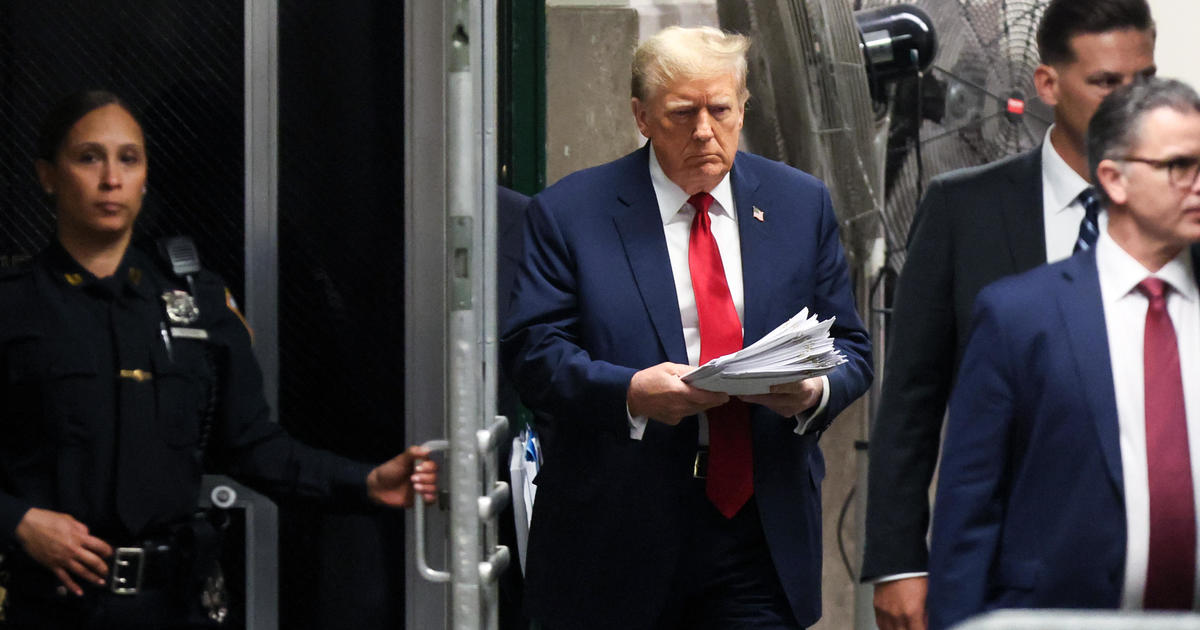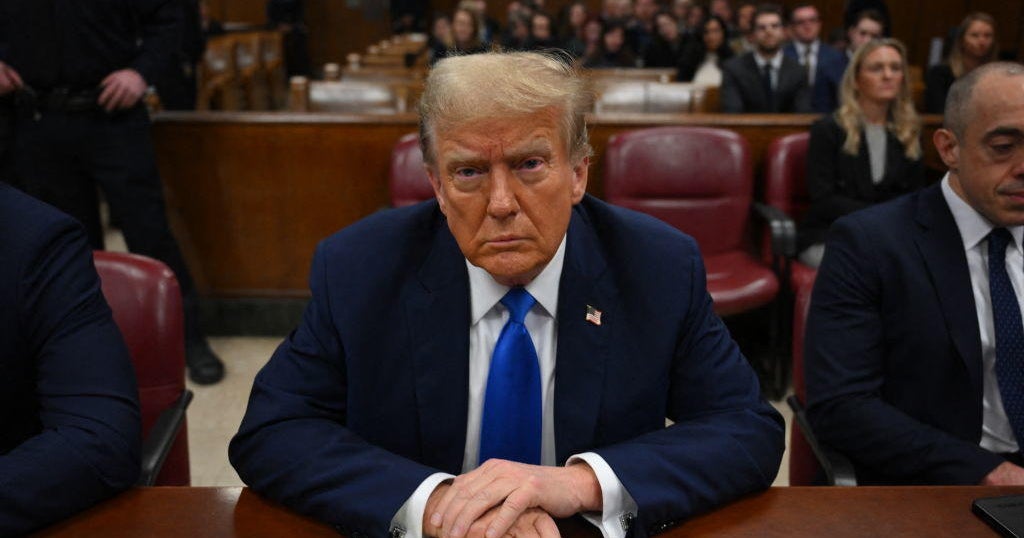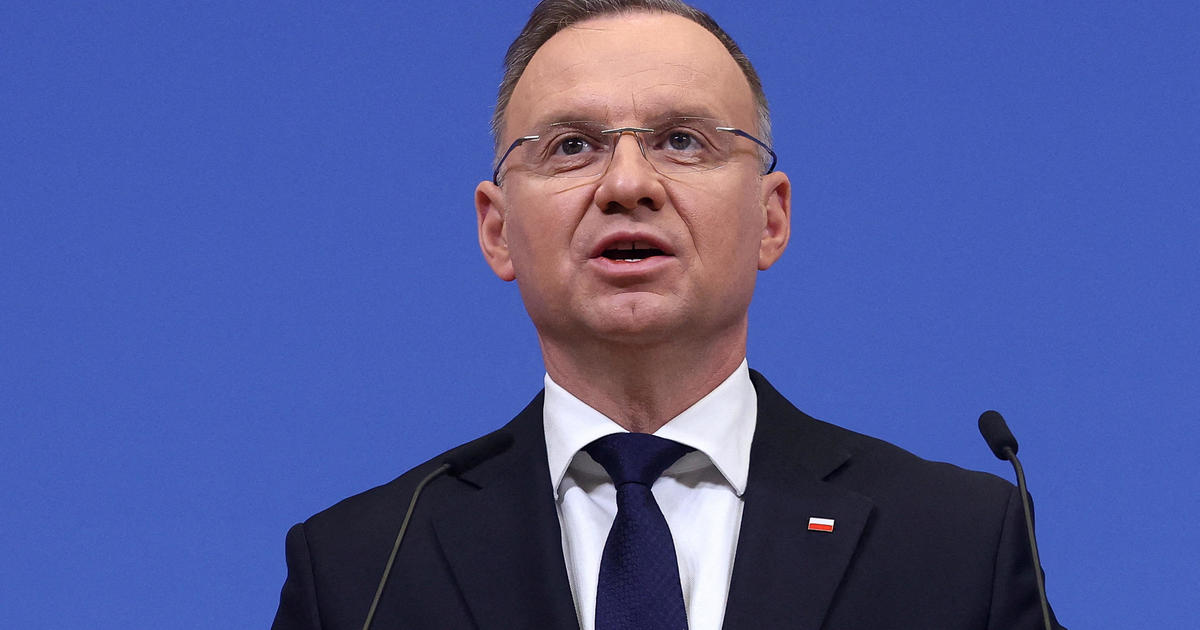Trump's rushed diplomacy with North Korea could trigger regional arms race, says Korea expert
If President Trump's second summit with North Korean leader Kim Jong Un does not result in more concrete commitments from Pyongyang than his first, the U.S. could risk triggering a proliferation race among East Asian powers, Korea expert Sue Mi Terry said.
Though the first Trump-Kim summit, held in Singapore last June, produced little more than a "vague aspirational statement," Terry said Kim has since gone on to meet multiple times with South Korean President Moon Jae In and Chinese President Xi Jinping.
And although Kim has only taken "cosmetic" steps toward denuclearization, including dismantling an aging missile testing site and ceasing nuclear tests, the United States has suspended its joint military exercises with South Korea and volunteered to Kim his long-sought goal of meeting with an American president on the world stage – twice.
Mr. Trump is scheduled to meet with Kim in Hanoi, Vietnam, next week.
"North Korea, without really having done anything, they look more legitimate. Kim Jong Un looks more legitimate," Terry said in an interview with Intelligence Matters host and CBS News senior national security contributor Michael Morell. A former senior CIA analyst, Terry is now the Korea Chair at the Center for Strategic and International Studies.
"I have deep concerns that we're somehow moving towards legitimizing North Korea as a nuclear weapons power" and instead having an arms control negotiation, Terry said, citing recent remarks by Secretary of State Mike Pompeo that emphasized protecting the U.S. mainland rather than achieving verifiable denuclearization.
"Once we accept that, then there is a profound implication[s]," Terry said. A future conservative government in South Korea could entertain the possibility of developing a nuclear capability, she said, as could Japan. China is already a nuclear power.
"Never mind the message that we send to the rogue actors out there, that, 'All you have to do, just stay on this path and pursue and then you will just eventually get there, where the international community accepts your status as a nuclear weapons power," she said.
Mr. Trump on Tuesday said there was "no rush" to denuclearize North Korea. "I have no pressing time schedule," he said, though he added he would like "ultimately" to see denuclearization.
Terry argued that the Trump administration had de facto eased up on its once-effective "maximum pressure" campaign by arranging the president's meeting with Kim too soon and then by failing to articulate enforceable commitments in Singapore.
In Hanoi, Terry said, "We need to get somehow North Koreans to give us a couple things, concrete things like [a] declaration of their inventory. That would be a good start. Get them to agree on a roadmap and a timeline for actual steps."
In return, Terry told Morell, the United States was likely prepared to offer a peace declaration to formally bring an end to the Korean War and to open liaison offices as a first step toward establishing broader diplomatic relations.
But the key question, she said, was whether the U.S. would seek to continue enforcing some level of sanctions on the North.
"Obviously, this is what Kim wants very desperately – is sanctions relief, sanctions relaxation," she said.
"I hope that President Trump actually listens to his advisors," Terry said, "and [does] not…put things on the table like alliance equities or a peace treaty or U.S. troops without North Korea really taking these concrete steps."
For much more from Michael Morell's conversation with Sue Mi Terry, you can listen to the new episode and subscribe to Intelligence Matters here.



